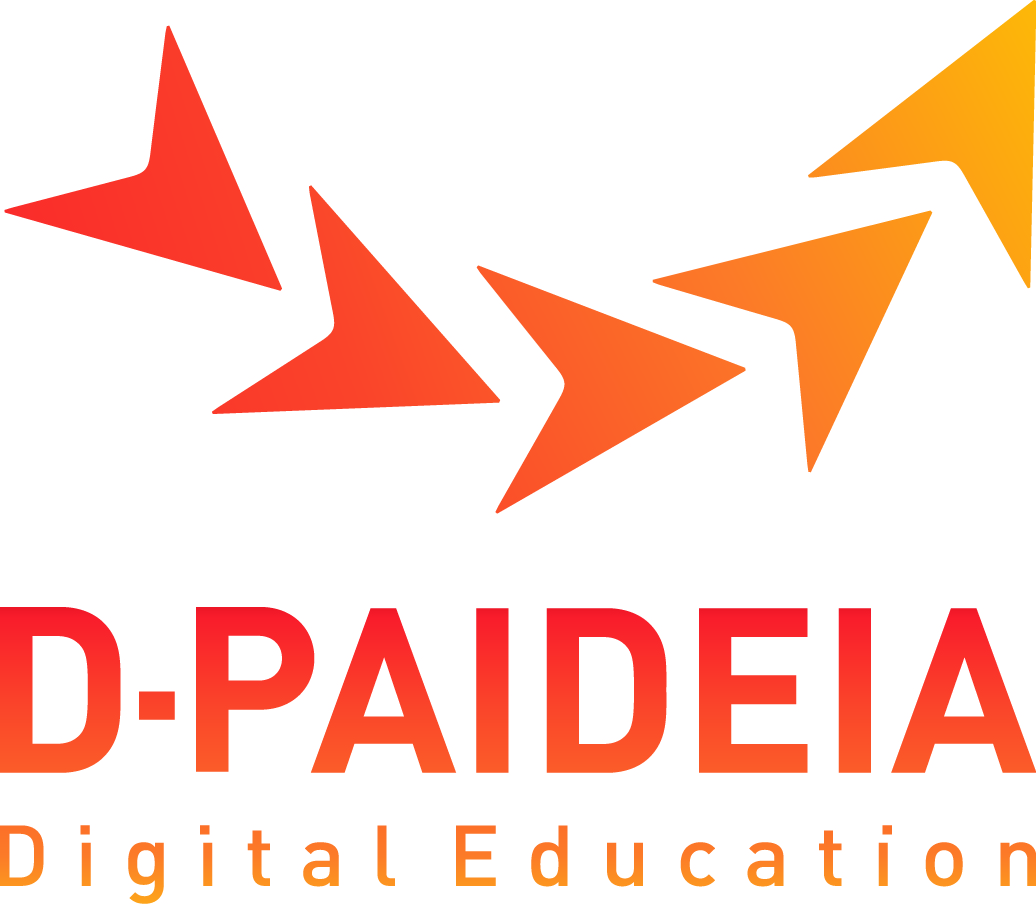
DigCompEdu was the talk of the town at UCLL Campuses from November 2024 to February 2025.
Belgian teachers in different school levels and systems, of various ages and experiences, gathered for a two-day training in digital competencies. The training demonstrated to teachers how technology can assist in building stronger relationships, facilitating more flexible teaching methodologies, and managing digital identity and security.
All trainings comprised the same modules, as developed by the D-Paideia consortium. The participant audience was a diverse mixture of experienced and novice teachers. Most were active in secondary education, followed by primary and adult education, while only a small number of participants were teachers or coaches in pre-primary and special education. The diversity of the group ensured a rich dynamic and exchanges of experiences.
The training programme consisted of the following modules:
- The first module focused on the establishment of educational relationships with Digital Tools. The objective of this module was to provide participants with the necessary skills to utilise technology in order to create positive learning environments and build deeper connections with students, parents, and colleagues.
- The programme further included the development of adaptable digital methodologies for diverse learners, focusing on inclusivity for students with learning challenges such as dyslexia, ADHD, and autism.
- The third module was entitled ‘Manage your digital identity and professional reputation’, and the objective was to learn how to balance your personal and professional presence online to ensure that your reputation as an educator remains positive and secure.
- The fifth module focuses on the integration of digital tools and the assurance of security measures. The objective was to facilitate the adoption of technology in a pioneering manner while ensuring the digital safety of both oneself and students.
The workshops demonstrated that the majority of the teachers were not aware of the school’s digital strategy and if this strategy was in line with the DigCompEdu framework. Half of the teachers felt that their school board was actively investing in digital competencies.
At the end of the sessions, teachers indicated that they had a clearer view of the DigCompEdu framework and understood the importance of the updated model developed by the D-Paideia project, especially the added socio-emotional component. Also, the module on digital identity and reputation management opened their eyes and gave inspiration for classroom implementation. It was remarkable that teachers skilled in implementing diverse and inclusive digital tools in the classroom were mostly auto-didact as their school did not offer (enough) support or time to improve their digital skills. Teachers who felt insecure about their digital competencies stressed the need for broader support in school.
As a whole, the different trainings illustrated the urge for a digital action plan on school (and national) level, and showed the eagerness of new and experienced teachers to enhance their digital competencies for strong class dynamics.
